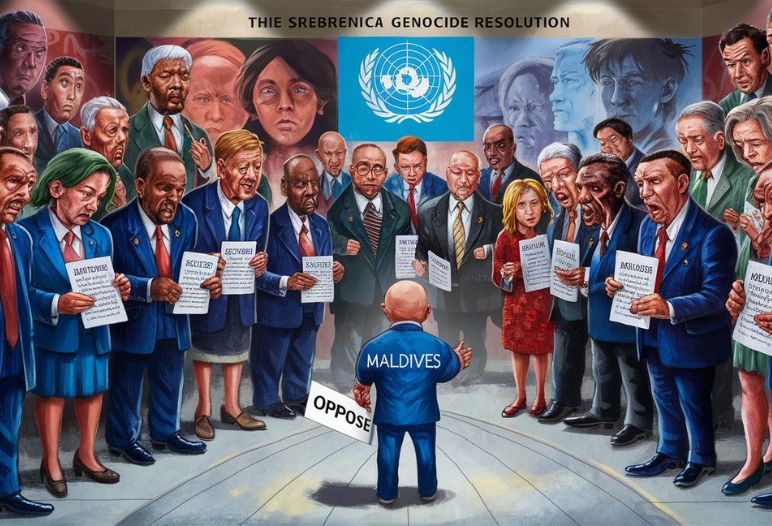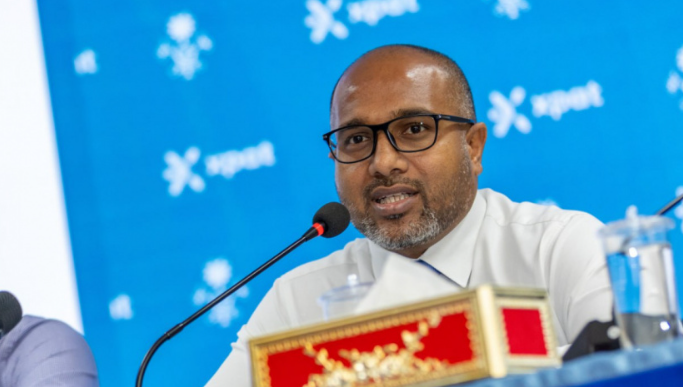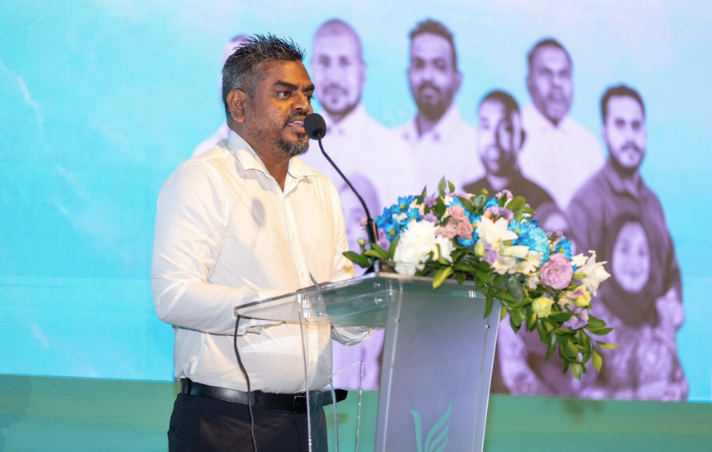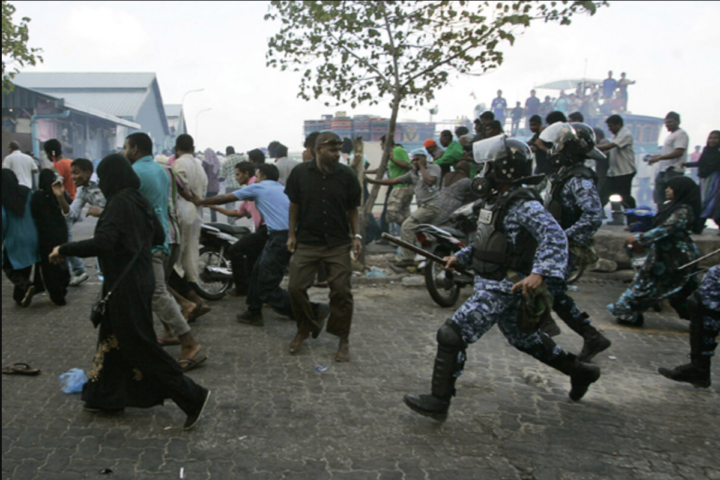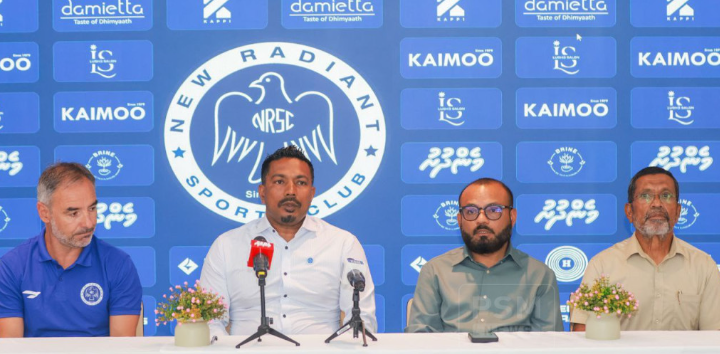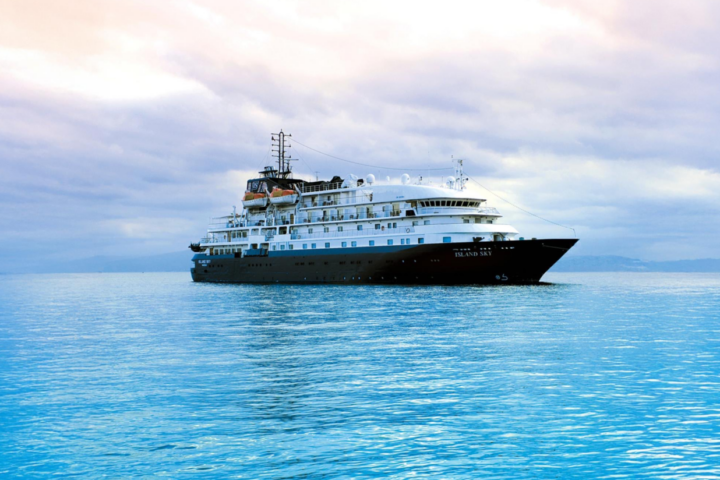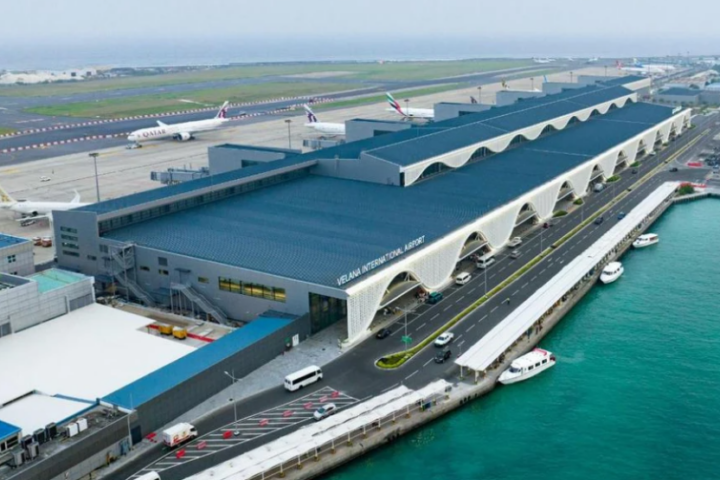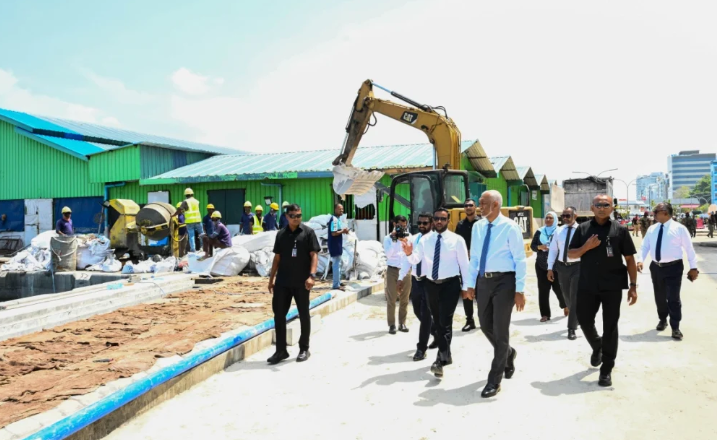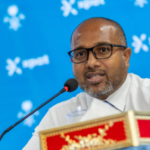Male’, Maldives – In a move that sparked widespread condemnation, the Maldives voted against a United Nations resolution commemorating the 1995 Srebrenica genocide and establishing July 11 as an annual day of remembrance for the victims. The resolution passed in the General Assembly on May 23rd with 84 votes in favor, but the Maldives was among 19 nations that opposed it, breaking from its historically strong support for the Bosnian Muslim community.
The Srebrenica massacre saw over 8,000 Bosnian Muslim men and boys systematically executed by Bosnian Serb forces under Ratko Mladic in one of the worst atrocities in Europe since World War II. The UN had declared Srebrenica a “safe area” but failed to prevent the genocide from unfolding.
A World Away, Yet So Close to Horror
As the Maldives prepared to celebrate independence on July 26, 1995, the tiny nation’s television screens were filled with the horrors unfolding halfway around the world in Bosnia. Nightly, haunting footage from the Bosnian town of Sarajevo filled television screens across Male’ – CNN’s Christiane Amanpour reporting live amid the crack of sniper fire as the Serb siege tightened. Though a vast ocean separated them, Gayoom was in constant contact with his Bosnian counterpart Alija Izetbegovic, anguished by his small nation’s inability to help its Muslim brothers.
Then on July 11, the horror reached its apex. Bosnian Serb general Ratko Mladic strode brazenly through the streets of the UN-declared “safe area” of Srebrenica. “The time has come to take revenge on the Muslims,” he declared with chilling nonchalance.
Over the next few days, Mladic’s forces implemented his vow with mechanized efficiency. Bosniak men and boys were systematically rounded up, their families expelled. What followed was nothing less than genocide – the mass execution of over 8,000 civilians whose only crime was their ethnicity and faith.
For years, during Gayoom, the Maldives had been a vocal advocate for the Bosnian people and cultivated close ties with Bosnia. As the Bosnian War raged in 1995, Gayoom was in constant contact with his Bosnian counterpart Alija Izetbegovic, offering what limited diplomatic support the small island nation could.
So the country’s “no” vote on the commemorative resolution ignited a firestorm of criticism from the public and it’s reflected on social media.
“I still can’t get over the fact that Maldives did not support the Resolution on the Srebrenica genocide in the UN General Assembly,” said Ameera, daughter of a Bosnian war survivor, on an X post. “Years down the line are we going to do the same to Palestine? @MoFAmv for shame!”
Her father, Osmanagic, now entering his seventh decade, had settled in the Maldives but was still knocking on the doors of the Ministry of Foreign Affairs seeking permanent residency status.
The Maldives government has not publicly justified its stance, which appears linked to the country’s burgeoning ties with Serbia under former MDP president Solih and current leader Dr. Muizzu.
Just last November, Foreign Minister Abdulla Shahid visited Serbia to sign new agreements. And in March 2023, Solih met with Serbian President Aleksandar Vucic, who lobbied hard against the Srebrenica genocide resolution and dismissed Western criticism as “arrogant.”
A Strengthening Bond With Belgrade
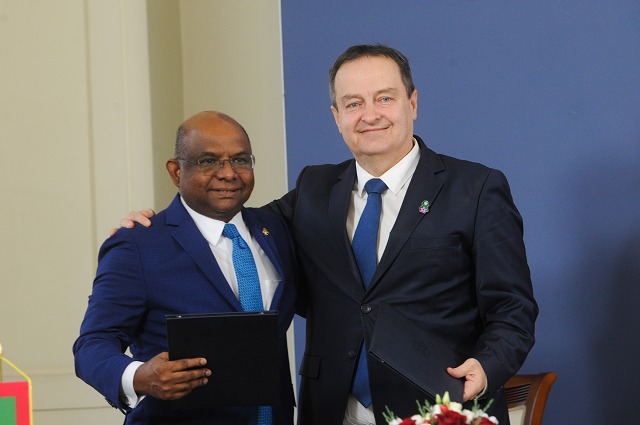
Under President Solih and his foreign minister Abdulla Shahid, the Maldives has pivoted toward strengthening ties with Serbia, an unlikely ally that has taken priority over the country’s historical support for Bosnia. It was Shahid, as foreign minister, who appeared to spearhead this diplomatic reorientation cultivating closer relations with Belgrade.
The shift has been striking in its pace. In just the past year, there have been multiple high-level engagements between Maldivian and Serbian leaders. President Aleksandar Vučić met Solih in Qatar in March 2023 on the sidelines of a conference. Months earlier in November, Shahid himself traveled to Serbia to ink new agreements, including a memorandum of understanding.
Even at the United Nations last September, Vučić and Shahid convened for discussions during the General Assembly session. This rapport-building exercise dates back several years – in 2019, a Serbian minister made an early visit to Male’ to meet both Solih and Speaker Mohamed Nasheed.
With each encounter, the ties between the two nations have palpably solidified, even as Bosnia – an old friend – has faded into the diplomatic background under Solih’s tenure. For reasons unexplained, the ruling administration has pivoted toward cultivating the Maldives’ strategic partnership with the Serbs, a pro China administration.
Maldives Foreign Policy: A Matter of Transaction?
There was a time when the Maldives’ foreign policy decisions seemed dictated more by financial inducements than principles. In 2009, allegations surfaced that Maldivian officials had received a staggering $2 million bribe to recognize the independence of Kosovo from Serbia.
The claims prompted President Mohamed Nasheed to order a police probe and a parliamentary inquiry by the National Security Committee into potential corruption allegation by the Islamic Democratic Party. Heated denials followed from a Kosovo businessman accused of orchestrating the cash-for-recognition scheme.
Ultimately, after cross-examining the foreign minister and other officials, investigators concluded the diplomatic process had adhered to international norms. But the whiff of impropriety lingered, underscoring how the Maldives’ policymaking could be swayed by opaque financial motives.
The Kosovo affair demonstrated the vulnerabilities of a small island nation so dependent on external financing that it risked subordinating its principles to whatever partners could bolster its perpetually precarious fiscal position. Whether the recent diplomatic tilt toward Serbia at Bosnia’s expense is similarly transactional remains speculative but well within the realm of possibility for a country that has, at times, seemed willing to mortgage its policies to appease potential benefactors.
Humanitarian Values on the Auction Block
For the tiny Maldives, increasingly indebted to China under President Dr. Muizzu, aligning with Serbia could help unlock development financing from an emerging economic partner.
While the Maldives’ motivations remain opaque, the decision represents a dramatic reversal that has drawn condemnation and calls into question its long-standing humanitarian principles. As one elderly Maldivian foreign service officer remarked, “We have traded our soul, simply to clutch at a few silver pieces.”
